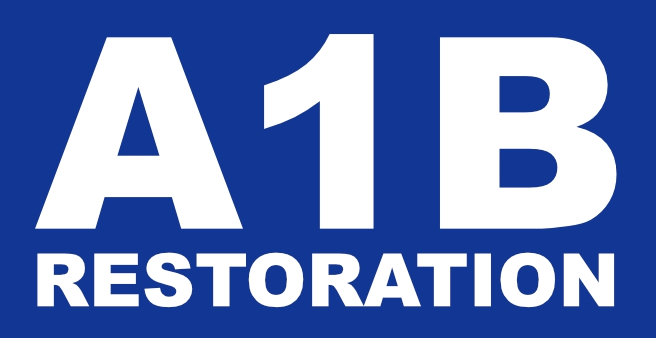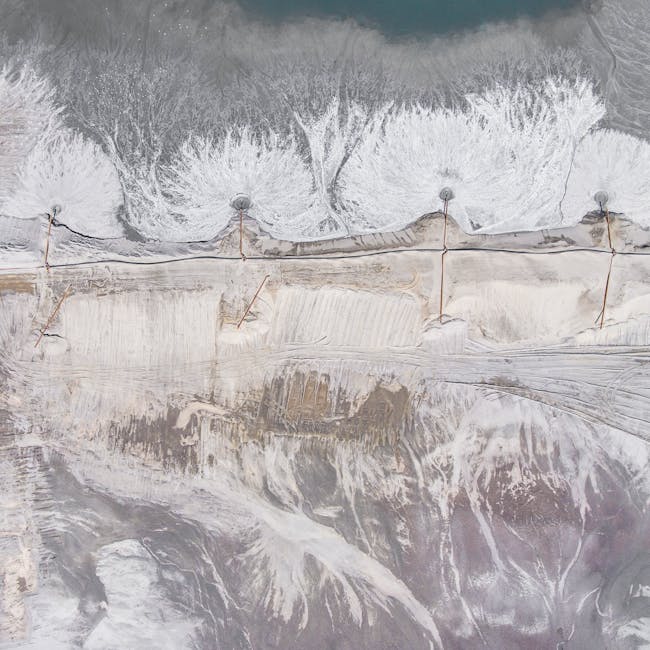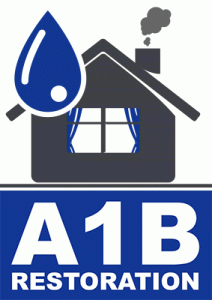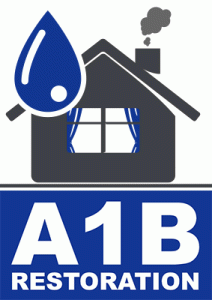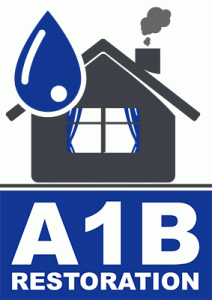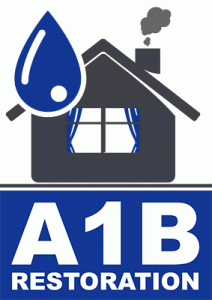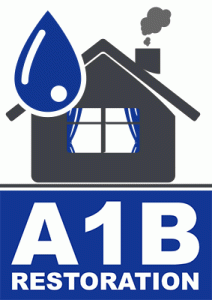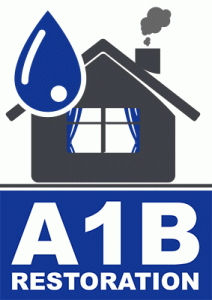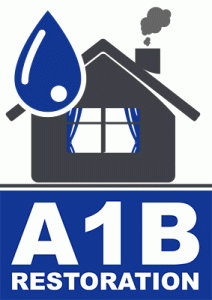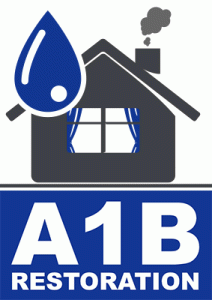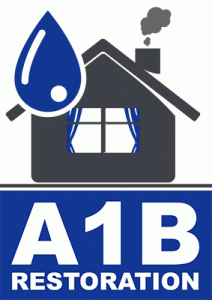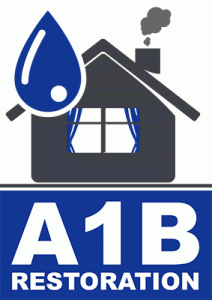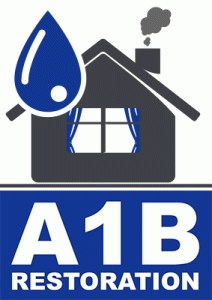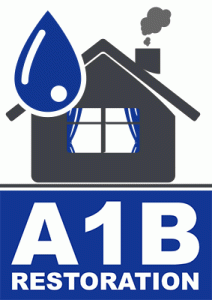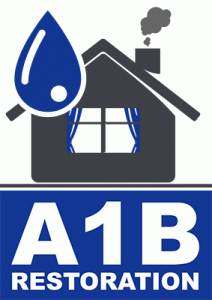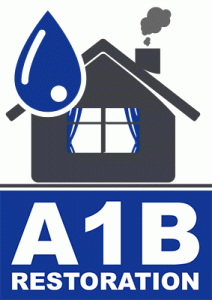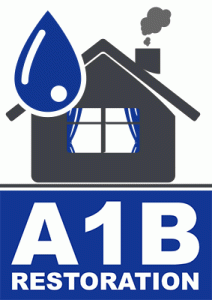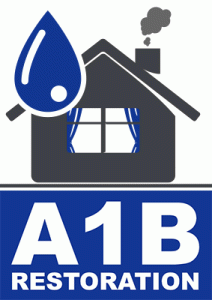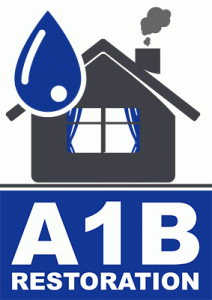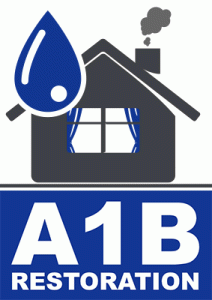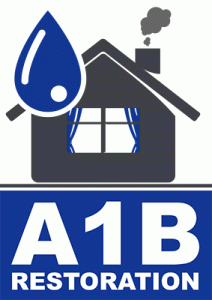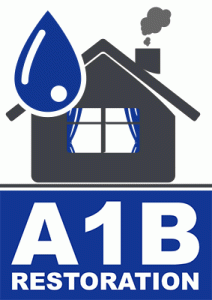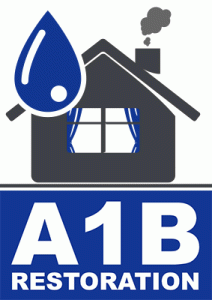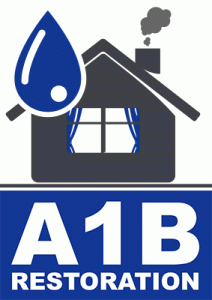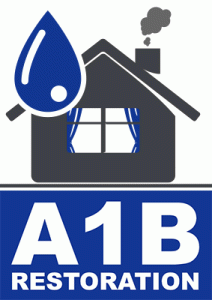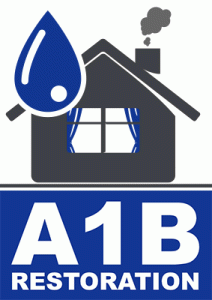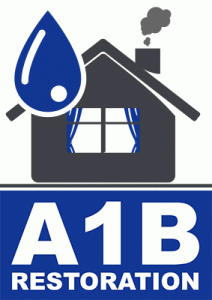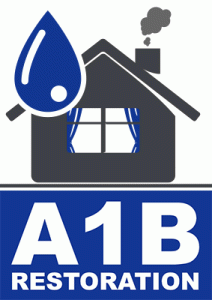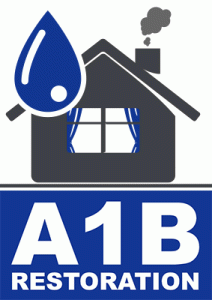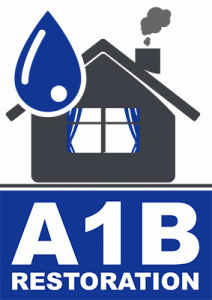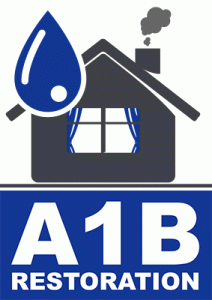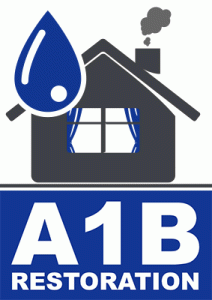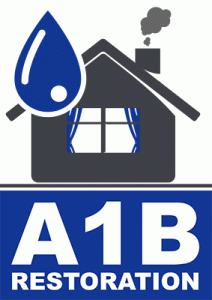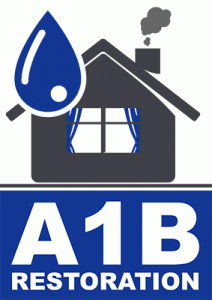Water Damage Restoration: What to Expect
Water damage can wreak havoc on your property, leading to structural issues, mold growth, and significant financial loss. Understanding the water damage restoration process is crucial to mitigate damage and restore your home or business effectively. In this guide, we’ll walk you through what to expect during water damage restoration, from initial assessment to the final touches.
Understanding Water Damage
Water damage can occur due to various reasons, including natural disasters like floods, plumbing issues, or roof leaks. According to the National Flood Insurance Program, floods are the most common and costly natural disaster in the United States, causing billions of dollars in damage each year.
Types of Water Damage
Water damage is categorized into three types:
- Category 1: Clean water from sources like broken pipes or rainwater. It poses no immediate health risk.
- Category 2: Gray water from sources like dishwashers or washing machines. It contains contaminants and can cause illness.
- Category 3: Black water from sources like sewage or floodwater. It contains harmful bacteria and pathogens and poses serious health risks.
Initial Assessment and Inspection
- restoration services water damage Rockwall Texas
- water damage and restoration companies Rockwall Texas
- water damage and restoration Rockwall Texas
- water damage clean up near me Rockwall Texas
- water damage cleanup companies Rockwall Texas
- water damage companies near me Rockwall Texas
The first step in water damage restoration is a thorough assessment and inspection of the affected area. Professionals use advanced tools like moisture detectors, hygrometers, and infrared cameras to determine the extent of the damage.
Identifying the Source
Identifying and stopping the source of water intrusion is crucial. Whether it’s a burst pipe or a leaky roof, addressing the source prevents further damage.
Assessing the Extent of Damage
Technicians will assess the extent of the damage to walls, floors, ceilings, and personal belongings. This evaluation helps in creating an effective restoration plan.
Water Extraction and Removal
Once the assessment is complete, the next step is water extraction. The longer water sits, the more damage it can cause. Professionals use industrial-grade pumps and vacuums to remove standing water quickly.
Specialized Equipment
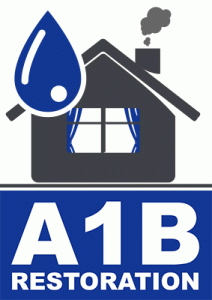
Rowlett TX water damage restoration companies near me
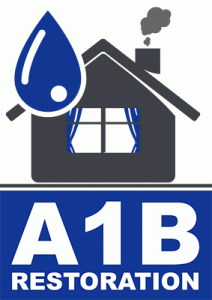
Lewisville TX water damage restoration companies
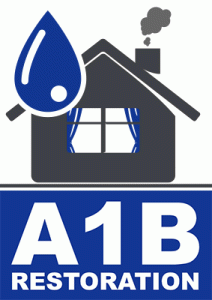
Duncanville TX water damage restoration companies
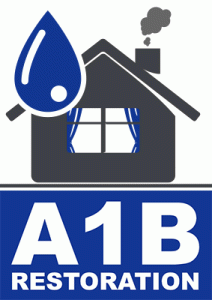
Flower Mound TX water damage restoration companies
High-powered pumps and wet/dry vacuums are used to extract large amounts of water. For smaller, hard-to-reach areas, portable extraction units are employed.
Speed is Essential
Quick water removal reduces the risk of mold growth and further structural damage. According to the Environmental Protection Agency (EPA), mold can start growing within 24-48 hours in damp conditions.
Drying and Dehumidification
Even after water extraction, moisture can remain in walls, floors, and other materials. Drying and dehumidification are essential to prevent mold and mildew growth.
Industrial-Grade Dehumidifiers
Professionals use industrial-grade dehumidifiers and air movers to remove moisture from the air and materials. This process can take several days, depending on the extent of the damage.
Monitoring Moisture Levels
Technicians continuously monitor moisture levels in affected areas using hygrometers and moisture meters to ensure complete drying.
Cleaning and Sanitizing
Once the area is dry, cleaning and sanitizing are crucial to remove contaminants and prevent mold growth. This step ensures the safety and health of the occupants.
Cleaning Personal Belongings
Professionals use various cleaning techniques to restore personal belongings like furniture, clothing, and documents. This may include dry cleaning, wet cleaning, or foam cleaning.
Sanitizing Affected Areas
Antimicrobial treatments and disinfectants are used to sanitize affected areas and prevent mold and bacterial growth. Air scrubbers and fogging equipment may also be used to improve air quality.
Repairs and Restoration
The final step in the water damage restoration process is repairing and restoring your property to its pre-damage condition. This may involve minor repairs like replacing drywall and installing new carpeting or major reconstruction work.
Structural Repairs
Depending on the damage, structural repairs may be necessary. This can include fixing damaged walls, floors, roofs, and plumbing systems.
Final Touches
The final touches involve painting, installing new flooring, and ensuring the property is fully restored and safe for occupancy.
Choosing a Water Damage Restoration Company
Choosing the right water damage restoration company is crucial for effective and efficient restoration. Here are some tips to help you make the right choice:
Experience and Expertise
Look for a company with extensive experience and expertise in water damage restoration. Check for certifications from organizations like the Institute of Inspection, Cleaning and Restoration Certification (IICRC).
24/7 Emergency Services
Water damage can occur at any time. Choose a company that offers 24/7 emergency services to address the issue promptly.
Reputation and Reviews
Check online reviews and ask for references to ensure the company has a good reputation for quality work and customer service.
Preventing Future Water Damage
Once your property is restored, take preventive measures to avoid future water damage:
Regular Maintenance
Regularly inspect and maintain your plumbing, roof, and gutters to prevent leaks and water intrusion.
Install Water Detection Devices
Install water detection devices and alarms to alert you to potential leaks before they cause significant damage.
Proper Drainage
Ensure proper drainage around your property to prevent water from accumulating and causing damage.
Conclusion
Water damage restoration is a complex and critical process that requires professional expertise and prompt action. By understanding what to expect during the restoration process, you can take the necessary steps to mitigate damage and restore your property efficiently. Choose a reputable restoration company, take preventive measures, and stay informed to protect your home or business from future water damage.
Remember, the key to effective water damage restoration is acting quickly and choosing the right professionals to get the job done. If you have any questions or need assistance with water damage restoration, don’t hesitate to contact a trusted restoration company.
